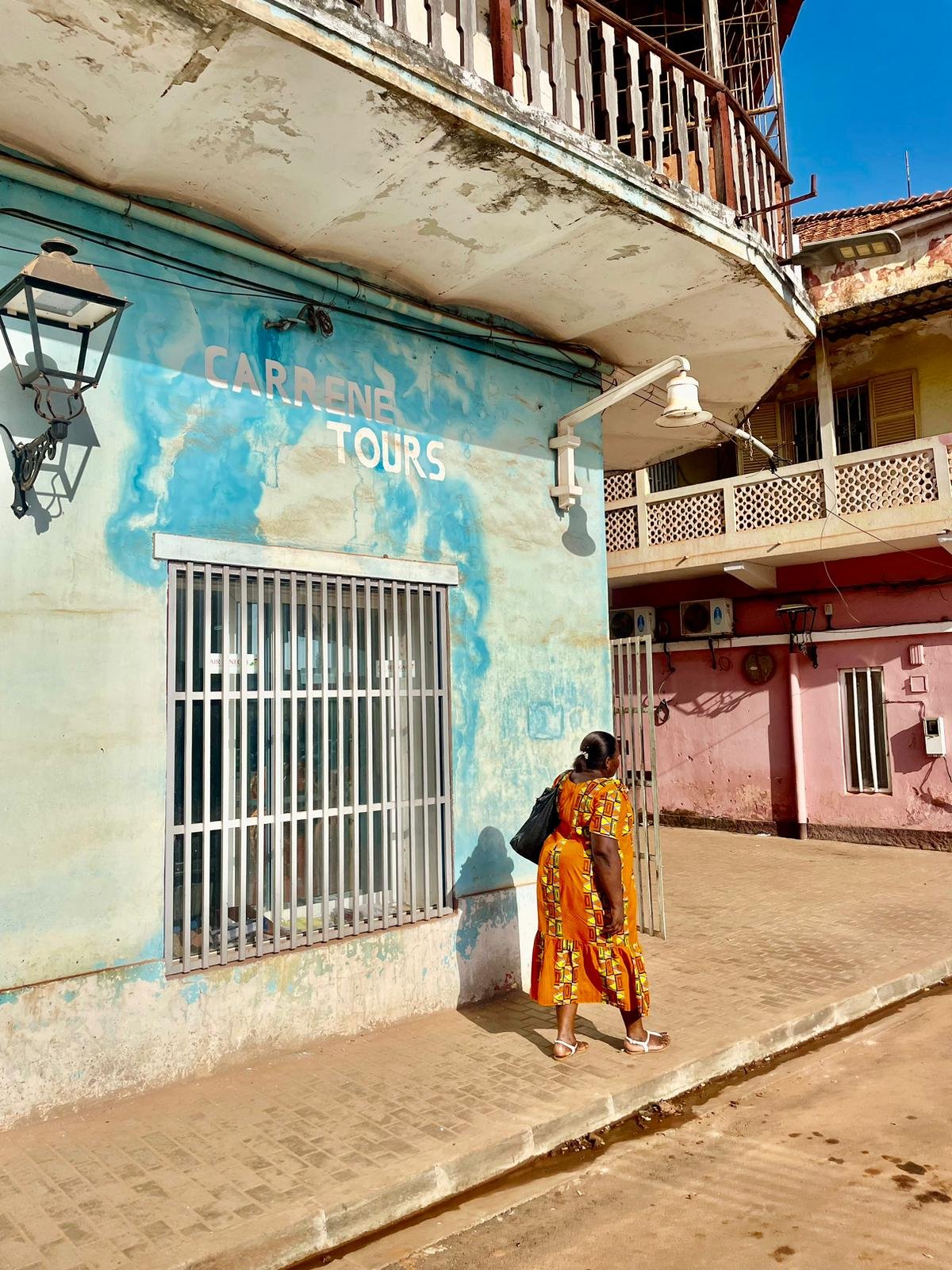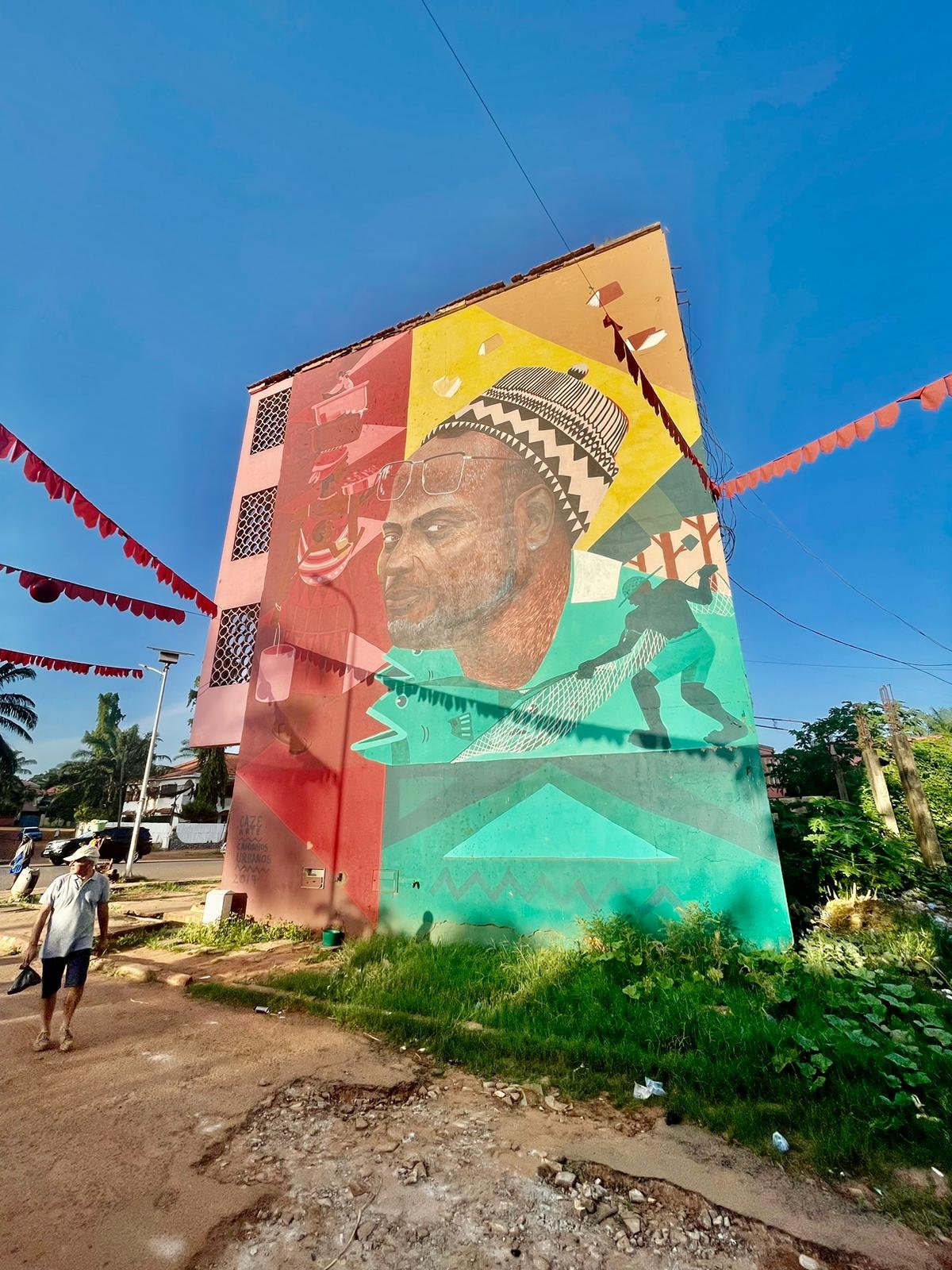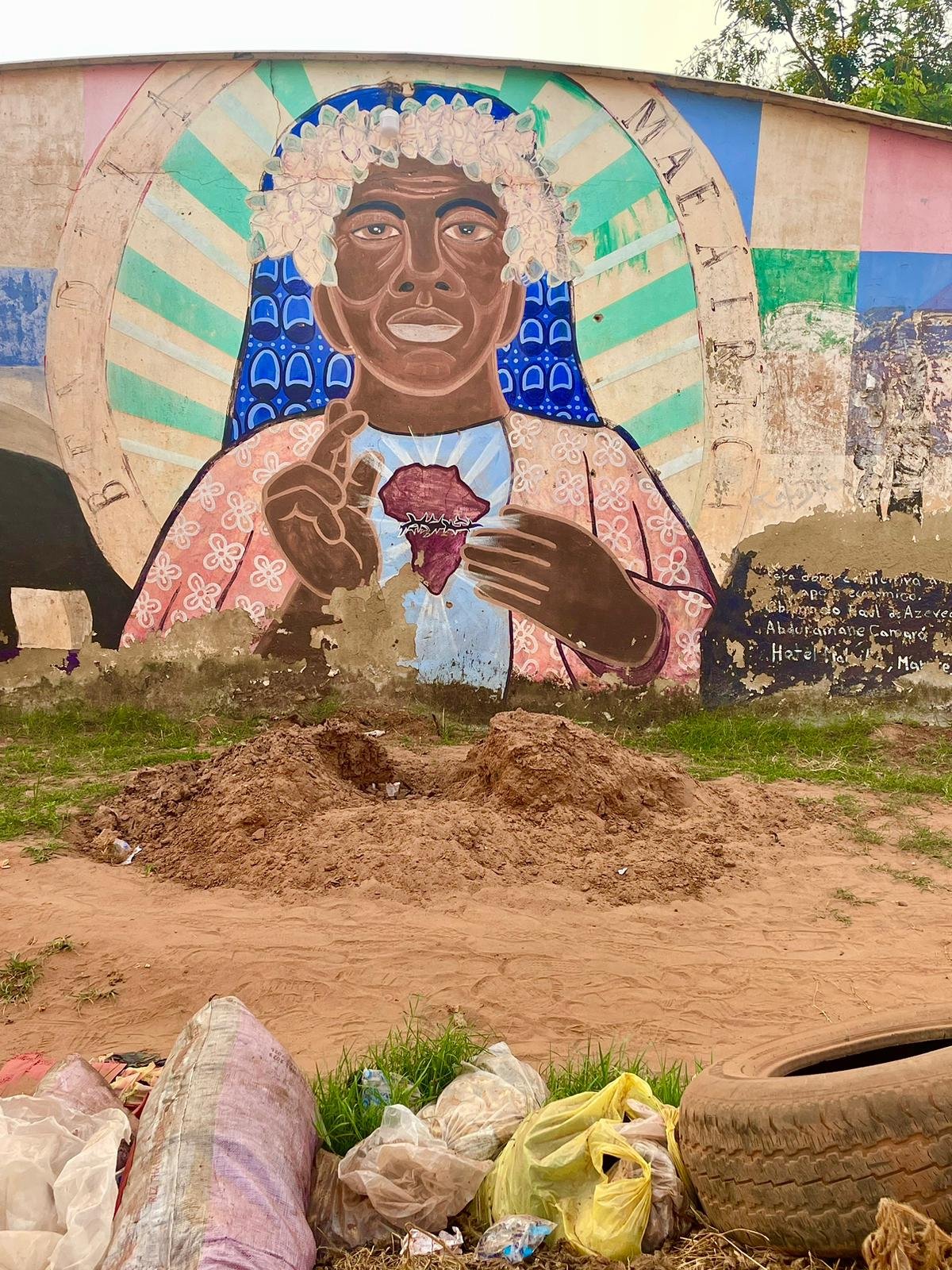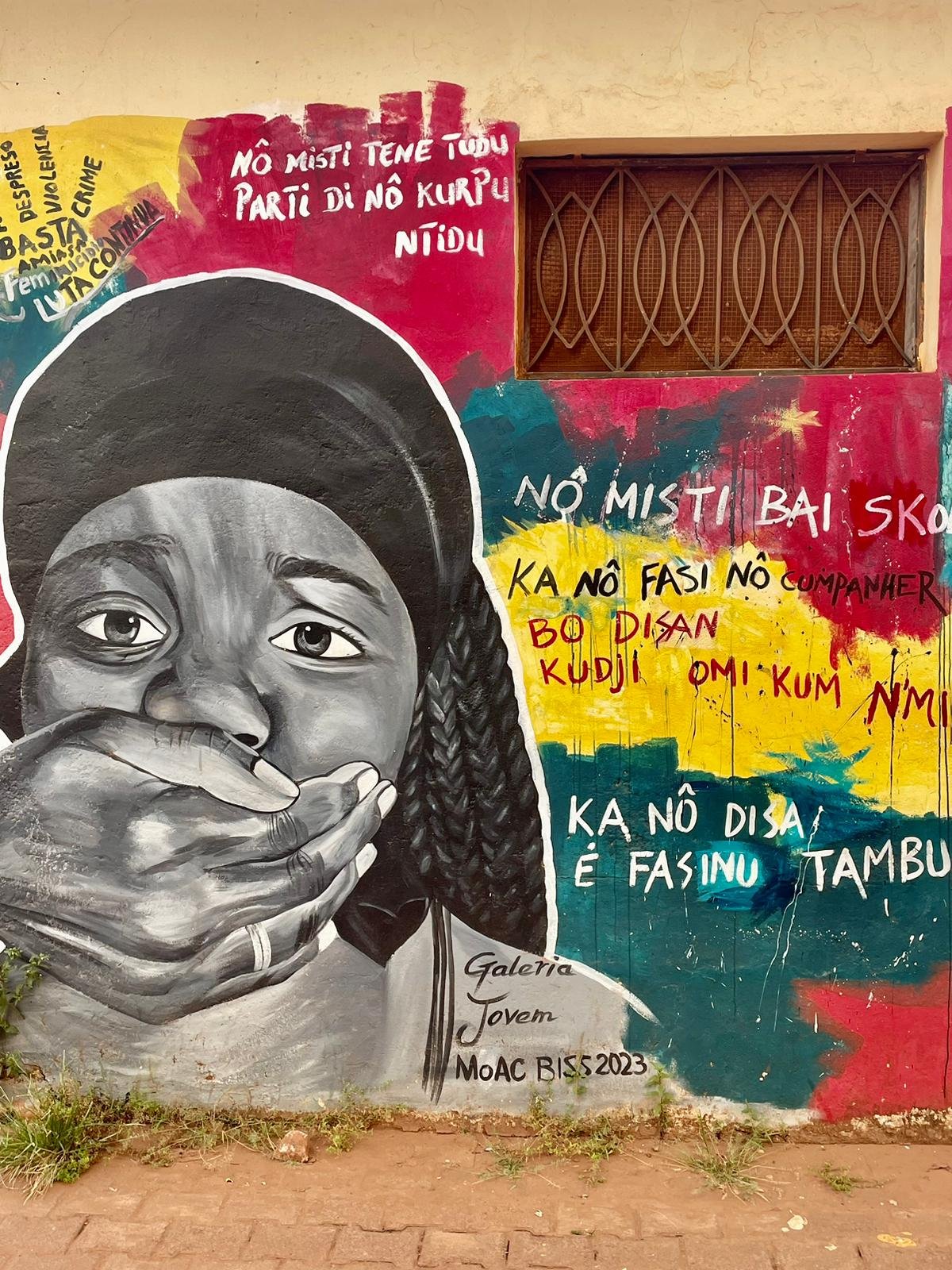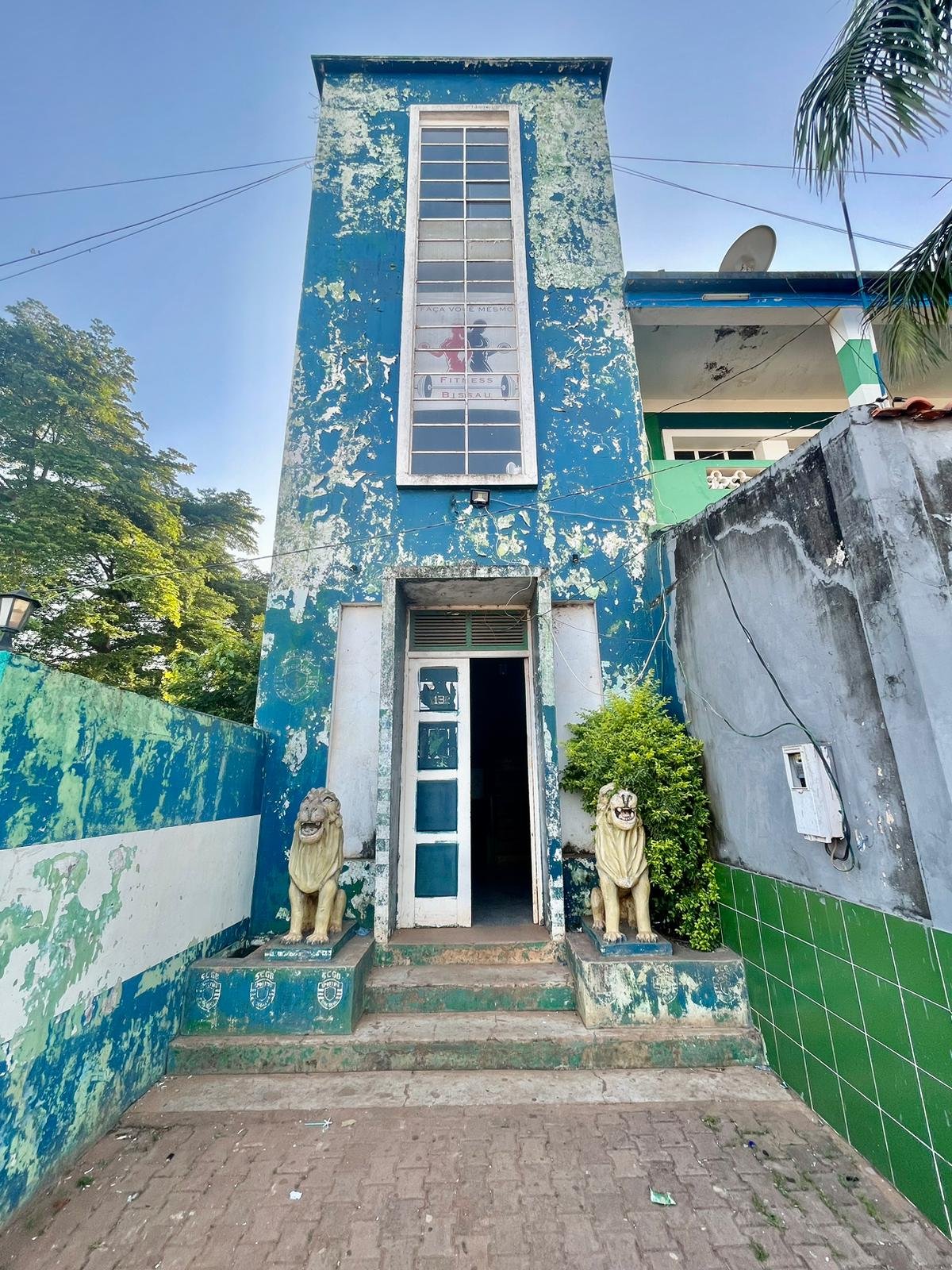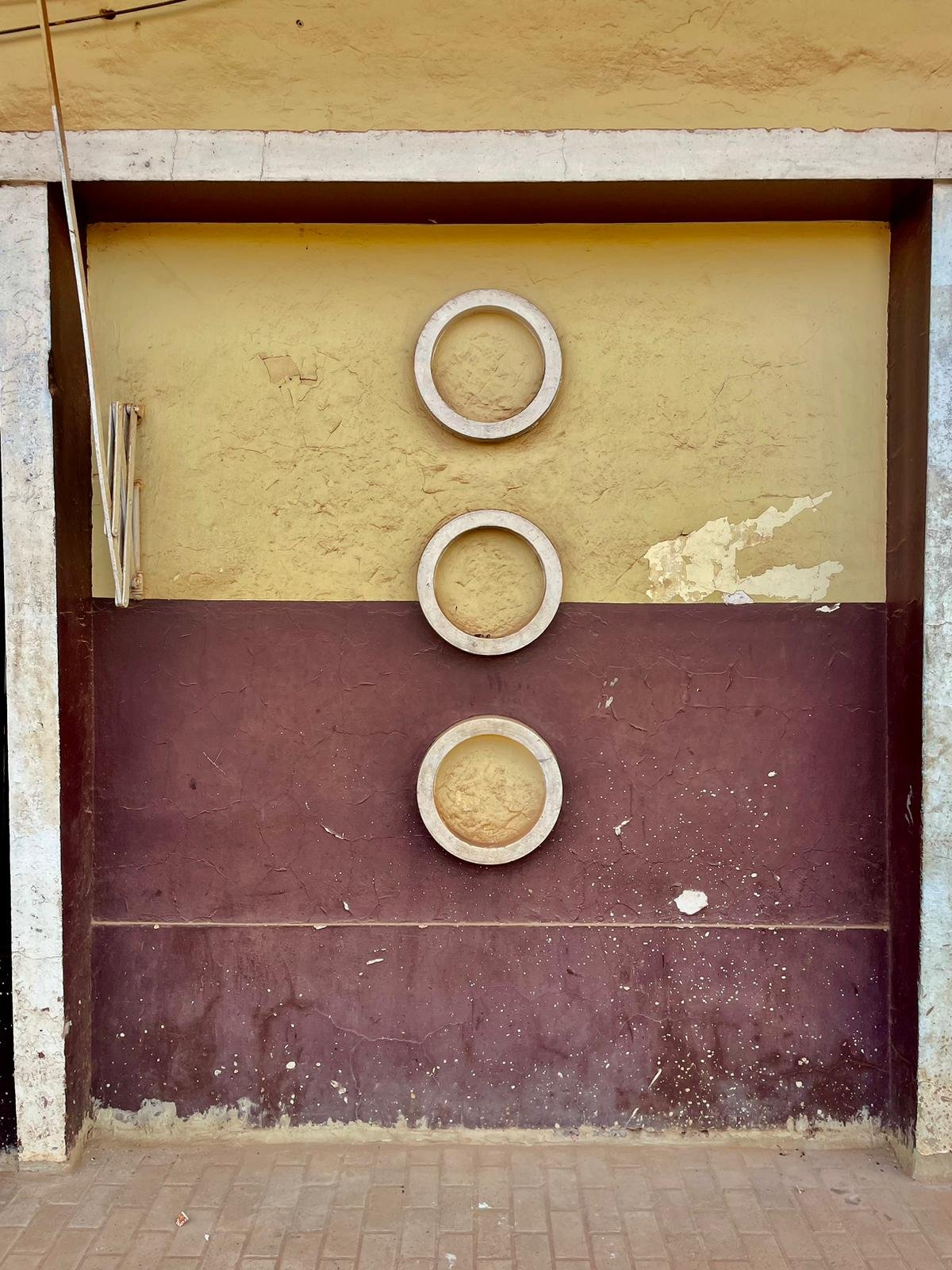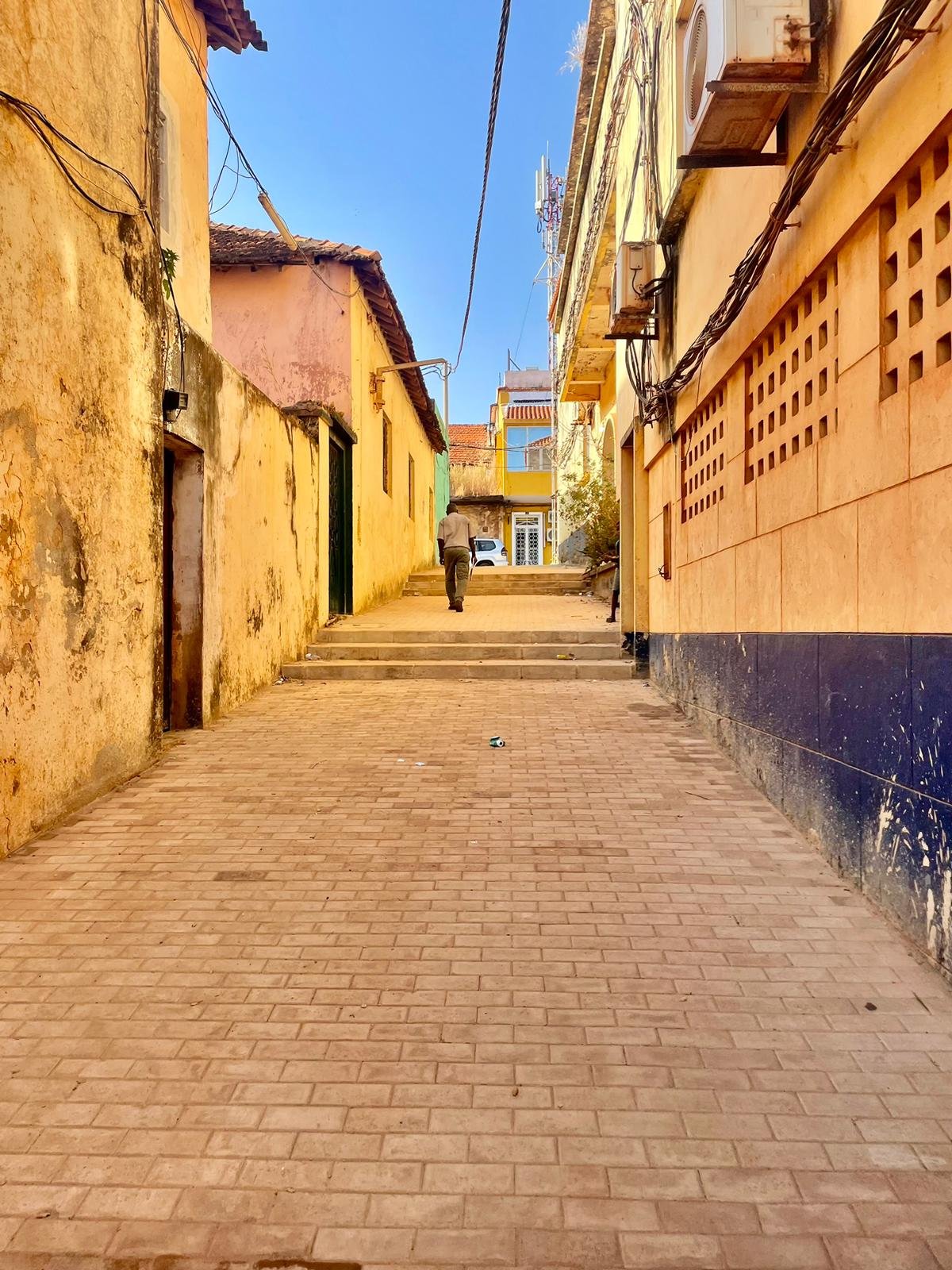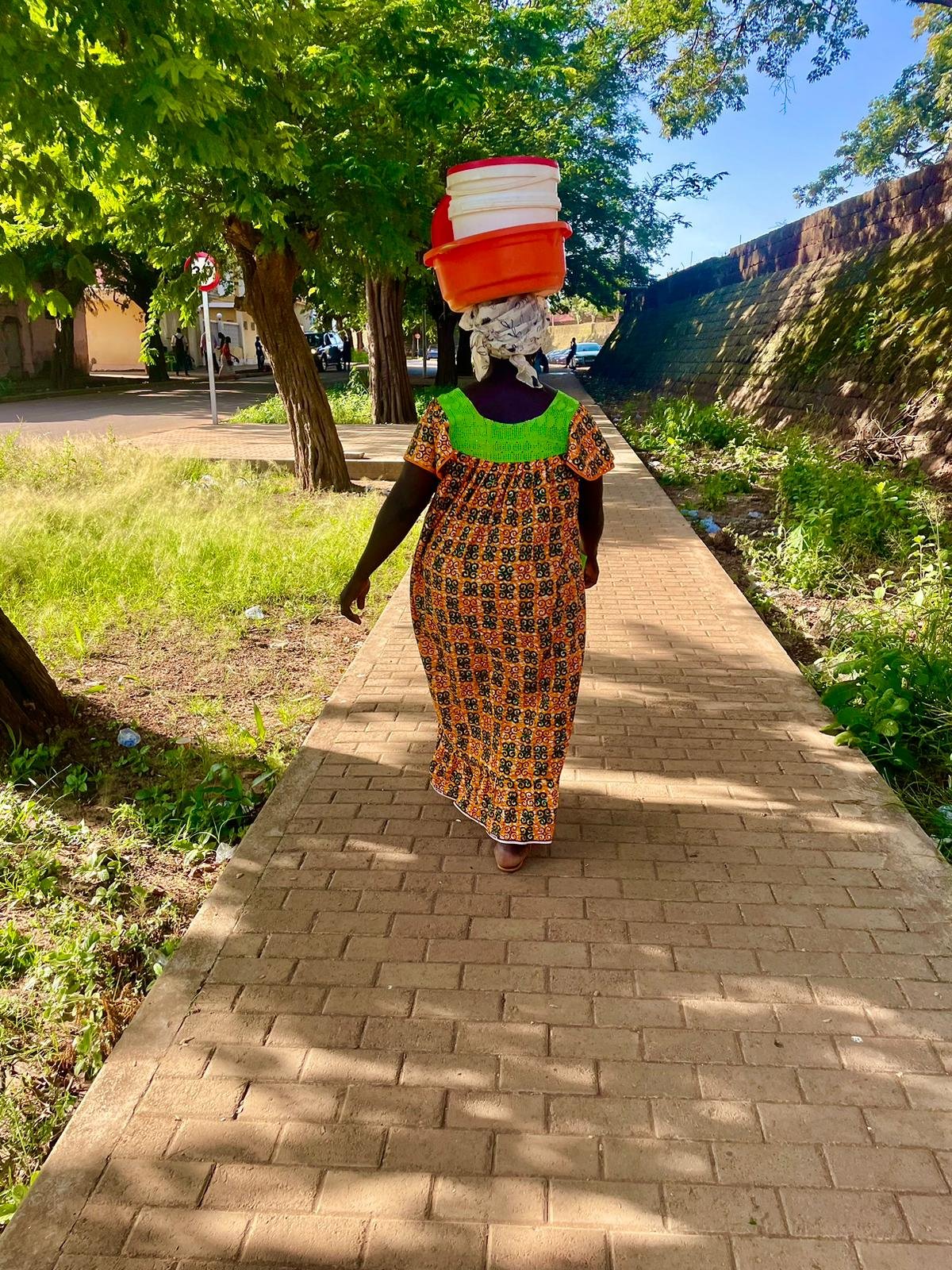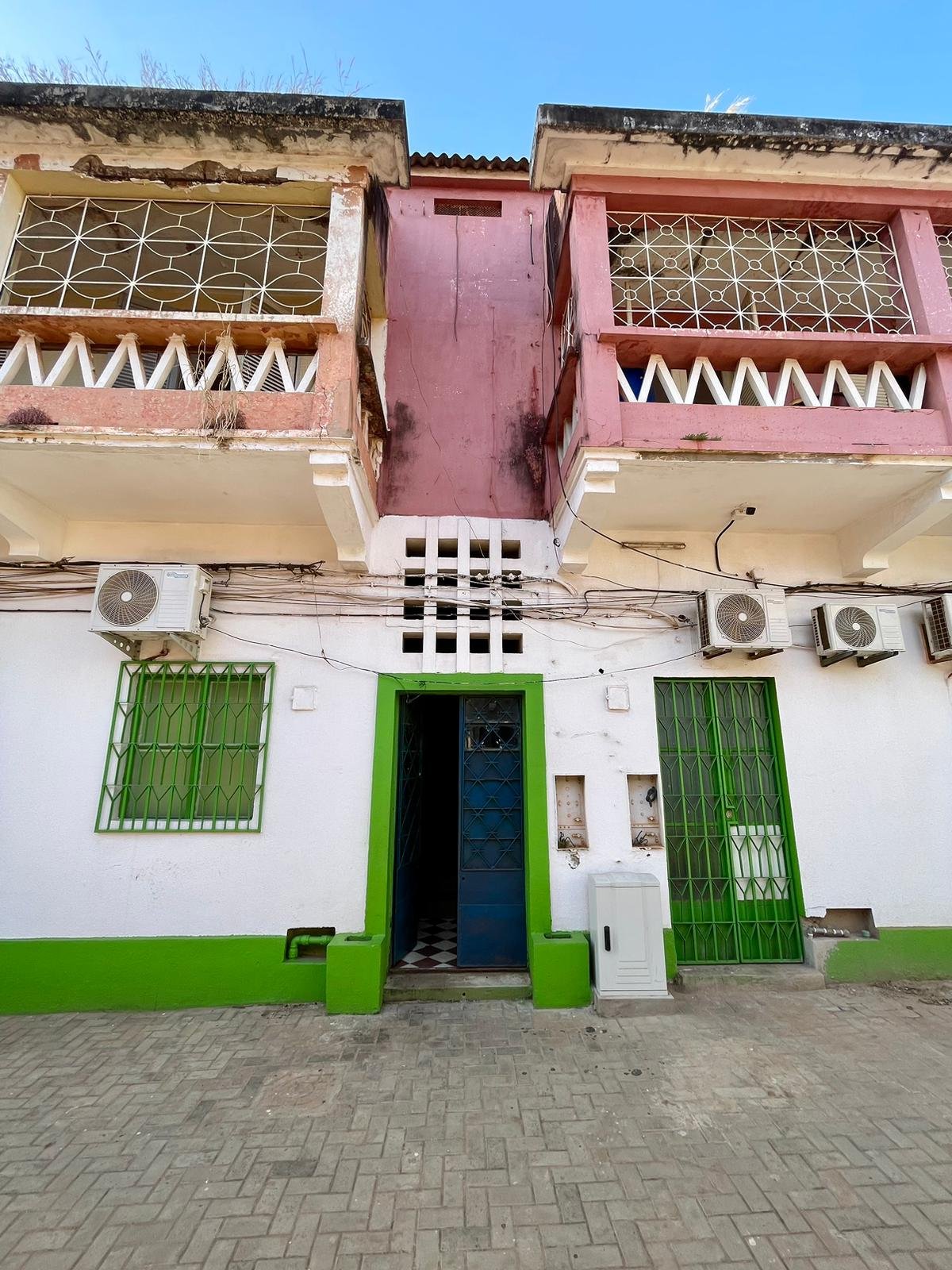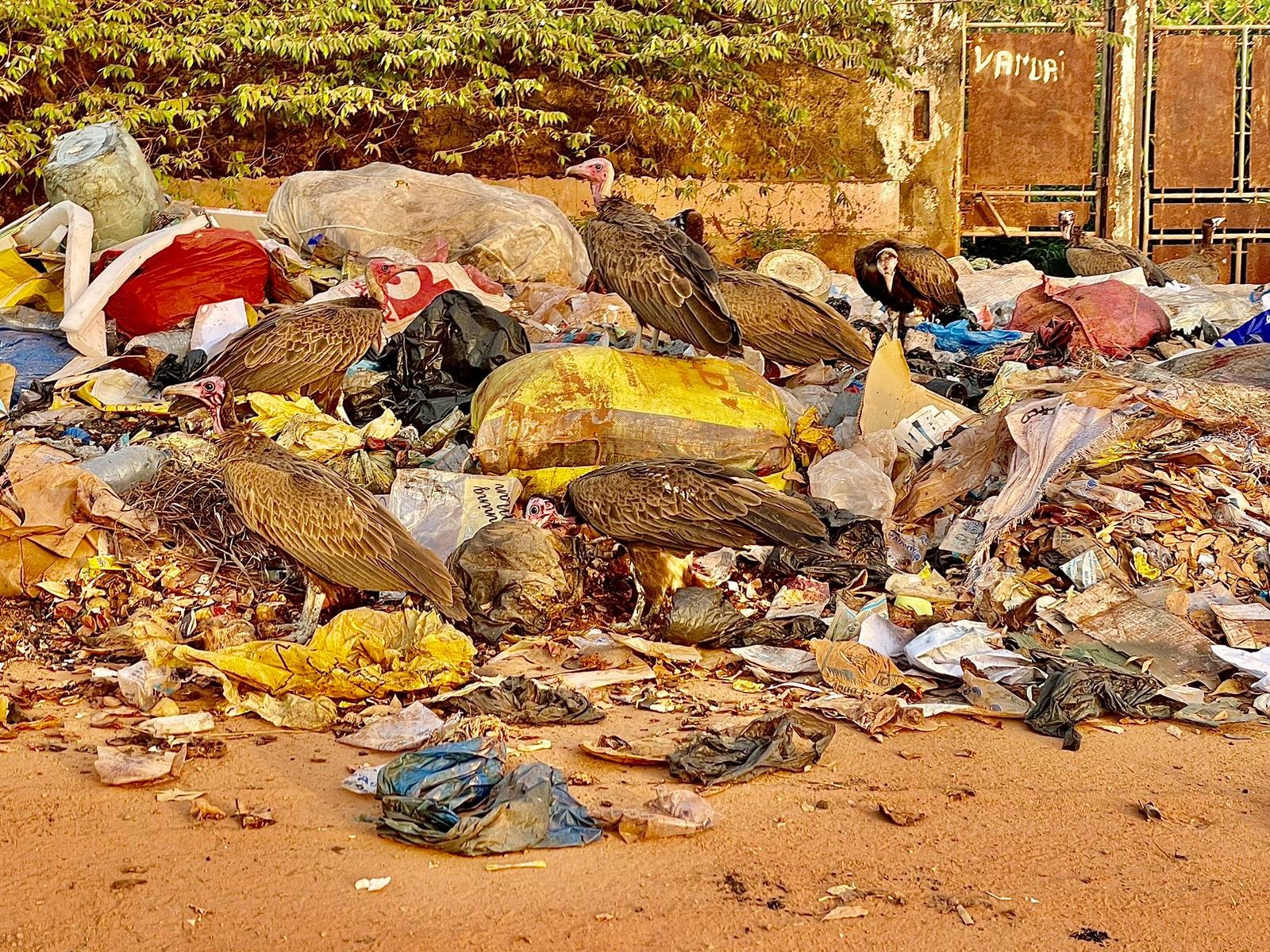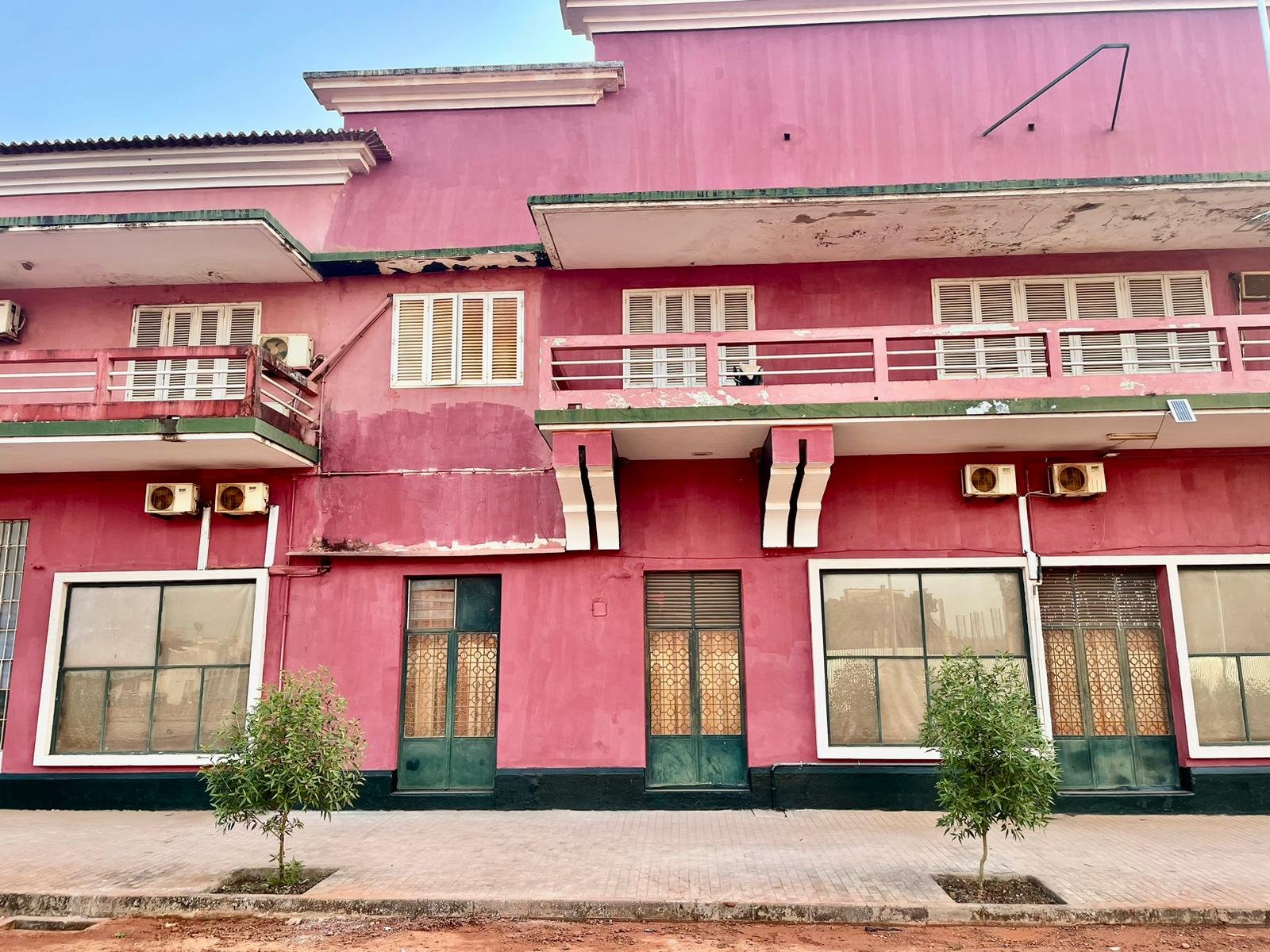I have generally kept my work based in the Pacific Ocean as I’m already very conscious of the impact of long-distance travel on emissions and my general health.
On the other side, as a Portuguese speaker (I grew up on the border between Argentina, Paraguay and Brazil), I have worked in most former Portuguese colonies since they are pretty unique.
So when I was contacted with a very good offer to come to Guinea Bissau, I was initially hesitant as it is the other side of the world. I find working in Africa quite confronting and infuriating regarding the impacts of colonisation compared with the Pacific.
The place has a very tortuous history going back centuries, from being a stage in the slavery trade to the present positioning as a narco-state use in the conduit of cocaine to Europe. A lot of that info is here if you are interested.
My presence here is related to their manifest interest in accessing the EU market for their fisheries… EU market access is quite a complex matter I have dealt with substantially in the past (in fact, I wrote a manual that is still being downloaded almost a decade later), since it involves separated seafood safety and legal catch certifications (with their associated systems and authorities). Having experience and post-graduate qualifications in both fisheries and food science, I have been very fortunate to have worked with many countries on both systems, either separately or at once.
While both regimes are as different as the work scope of a Seafood Safety Inspector and a Fisheries Officer, there should be synergies between both certifications, so they should be tackled together, particularly when a country starts from scratch to access the EU market.
After training many people worldwide on the sanitary and catch certification aspects separately, I passed all offers on that line of work to them. Over the last 8-9 years, I focused on MCS, PSM, CDS and fishers’ rights… which are the areas I feel I can help.
Yet, as this project here requires tackling both areas at once (which requires understanding both parts) and is to be in Portuguese… it seems that the number of people able to do this job is very limited… so it felt very ungrateful with life and with the intergovernmental organisation that contacted me not to help if I can
So here I am in a country I have never been to before. Yet, it is offering me an opportunity and the task to be part of their team to tackle a challenge that, if successful, could provide much economic benefit to the country instead of just being a coastal state where others with EU market access come and fish.
This is going to be a long project as there is a lot to do; however, it has the advantage of having highly trained professionals (mainly in Portugal, Brazil, and Cuba) and a “can-do” attitude that is contagious, and to whom I’m very grateful for their trust.
There is no way I can rightfully express the level of infrastructure challenges the country faces as a consequence of colonialism, post-colonial war, and instability. Yet, as in most countries where I work, I try to portray beauty in the best way I know, colors and images, so here is what my eyes have seen so far.
So my work here would be in blocs over the next 2 years to minimise transcontinental flights and operate for a few months in the year here, while the rest of the time, I work from home… the Pacific.

